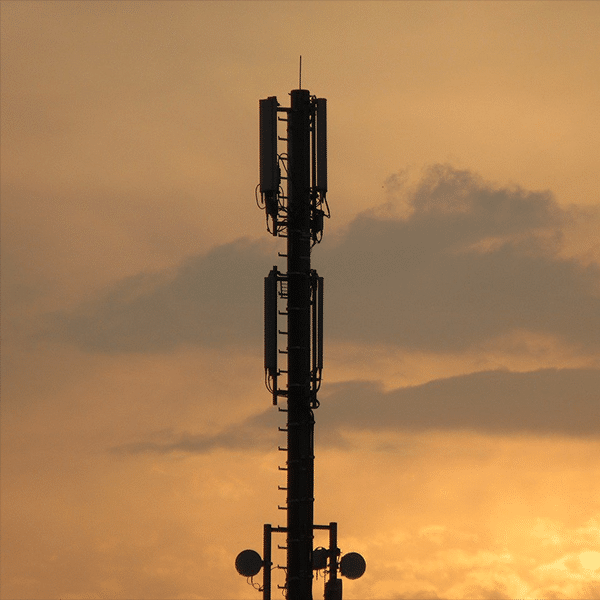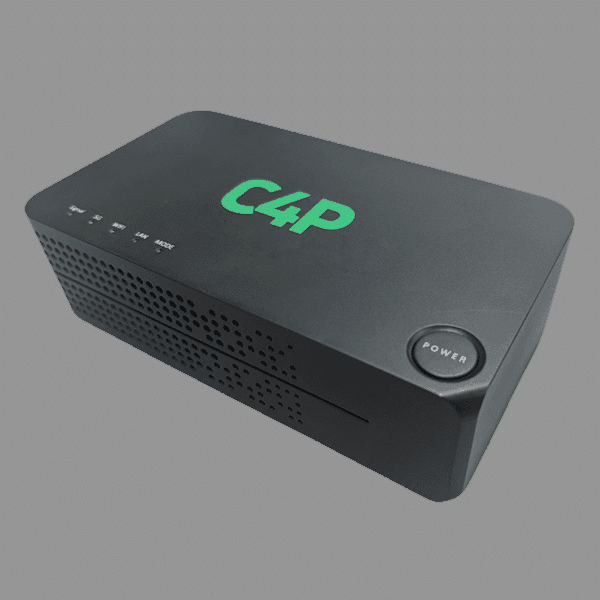AT&T and the U.S. Department of Veterans Affairs are deploying 5G multi-access computing (MEC) across the Puget Sound Health Care System in Seattle.
AT&T says that this is the industry’s first deployment of 5G and MEC across an entire VA health care and training facility. So far, a 5G distributed antenna system (DAS) has been installed. MEC and 5G mmWave spectrum infrastructure will be deployed this year.
AT&T identifies four use cases that could be piloted. They include:
- Mobile-to-mobile connectivity across and between medical devices to enable tracking of people and assets.
- Improved medical procedures and training through the use of technologies such as augmented reality and virtual reality (AR and VR).
- Use of AR and VR for remote and virtual pain management.
- Use of VR for remote and/or near real-time surgical assistance in layering multiple surgical techniques.
AT&T 5G MEC
5G and MEC significantly broaden the ways in which telecommunications can be utilized. By putting the most latency-sensitive computing elements near where they will be used, services that require near real-time responsiveness – from controlling automobiles to sensitive surgeries – become more possible.
“This public-private partnership to test our 5G and MEC capabilities is distinguished by the scope of implementation and innovation it allows, going well beyond a single-room care environment to encompass an entire medical care and training campus,” Chris Smith, AT&T Public Sector and FirstNet’s Vice President for Civilian and Shared Services said in the press release. “It’s an honor to work with the VA to explore the future of 5G and MEC-powered healthcare innovations.”
5G MEC is seen by experts as an important evolutionary step because many of the services consumers and business want – and service providers want to offer them – are more or less impossible using traditional architectures.
In December, AT&T and the Purdue College of Engineering created a 5G research and development testbed in the carrier’s Indiana 5G zone. The testbed focuses on quantum cryptography and relies on MEC and 5GmmWave to enable near real-time data collection and analysis.
Also in December, Verizon Business and Deloitte partnered to use 5G and mobile edge computing (MEC) to develop services for “real-time enterprises.” The first use deployment will be a smart factory offering that identifies and predicts quality defects on the assembly line and alerts management.


